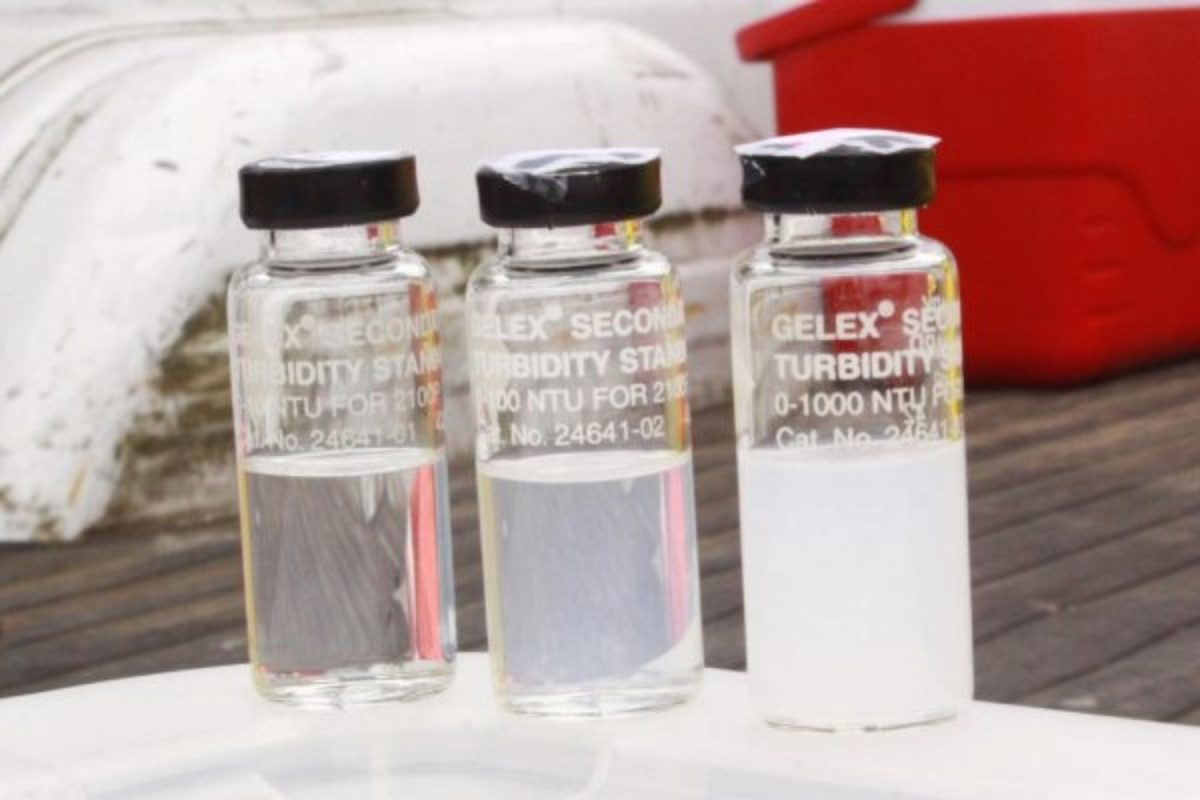Recently, Belmont, N.C. has issued a boil water advisory, which has since been lifted, according to their Department of Public Works.
The city received complaints about turbid water in many areas of the city. Water samples were taken from areas of complaint, and a bacteria test was done, but no bacteria were found.
“While turbidity itself does not pose health risks, it can interfere with disinfection,” the advisory states. “Test results on our treated water at the plant indicate the removal of all turbidity after treatment, which points to an issue in the distribution system beyond what the treatment plant can control.”
This is the latest concern across the country about water quality, especially in impoverished or polluted regions.
Boil water advisories are used when there is a known factor that will cause a decrease in water quality. Recently, the amount of boil water advisories has increased along with the frequency of issues like pollution and natural disasters that cause contaminated water.
Citizens across the country are worried about the future of water supply and safety, as well as the consequences that our treatment of the environment will cause. The government, along with researchers, have warned that consuming polluted water can lead to many health issues.
“I am a college student in New Jersey, and the water here is really bad,” said Emma Yin, a freshman at Rutgers University. “I know the water is regulated by the city, but honestly, they aren’t doing a great job of it; we’ve had to get three water filters already.”
Water quality has been a constant problem throughout history, especially so because of climate change and industrial pollution. Companies dump toxic waste and chemicals into water sources, and natural disasters like floods, hurricanes, and earthquakes can increase water contamination from sewage, chemicals, and manure.
According to the U.S. Geological Survey, at least 45% of tap water in the U.S. is estimated to have one or more types of PFAs. These chemicals can cause problems like cancer, thyroid diseases, and liver damage.
“Bad water usually contains viruses and bacteria that irritate your stomach, and I’m pretty sure diseases like cholera come from water-borne illnesses,” said Dmitry Ovesnov, a junior in the Carlmont Biotechnology Institute (BTI) program. “There is a way to bypass the unclean water to a degree, and that is by heating it, which would kill the bacteria and viruses, but it would leave any of the chemicals and metals in the water that can be toxic if consumed too much.”
Research shows that areas around the U.S., including the Bay Area, may have water security and safety issues in the future if action is not taken to prevent this. According to the Public Policy Institute of California (PPIC), almost 400 small rural water systems and schools are unable to provide safe drinking water in California.
“Drinkable water is very much something that should be a natural right given to people, and the restriction put on that right with California and the U.S. need to call for a change,” said Ria Smilovitz, a junior.












